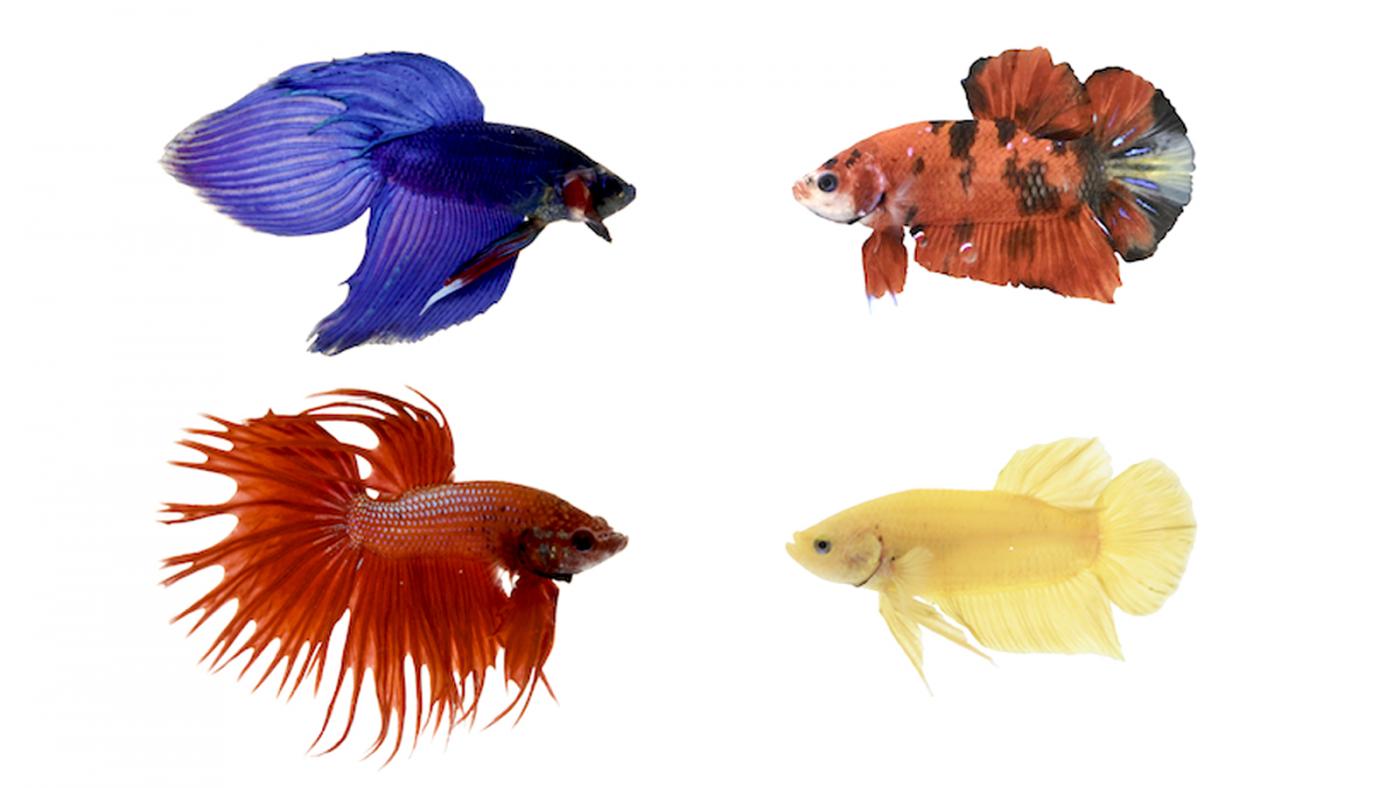Comprehending Betta Fish Habits: What Every Proprietor Must Know
All Concerning Betta Fish: Comprehending Their Unique Requirements, Habits, and the Finest Practices for Ideal Care
Comprehending the unique needs and behaviors of Betta fish is important for any type of aquarist seeking to supply optimum treatment. These captivating creatures, belonging to the cozy waters of Southeast Asia, display distinctive territorial propensities and need details environmental problems to thrive. From selecting the right container size to identifying possible health concerns, different elements significantly affect their health. As we discover these elements better, the ramifications for both amateur and skilled fish keepers end up being increasingly evident, elevating questions about how finest to suit these remarkable fish in our homes.
Betta Fish Summary
Although usually admired for their lively shades and moving fins, Betta fish, scientifically recognized as Betta splendens, are intricate creatures that require certain treatment to grow. Originating from Southeast Asia, these freshwater fish are understood for their territorial nature and one-of-a-kind behaviors. Betta fish show sexual dimorphism, with males showing more brilliant colors and longer fins than females.
Their aggressive propensities, specifically amongst men, require mindful factor to consider when housing them. Bettas are often kept in single-specimen containers to stop territorial conflicts. They can exist together in harmony with certain compatible types in larger community tanks, provided the environment satisfies their requirements.

To ensure optimum care, aquarists must recognize their one-of-a-kind behavioral traits, nutritional demands, and habitat needs. betta fish. With proper focus, Betta fish can display their dynamic personalities and thrive in a well-maintained fish tank setup
Natural Environment and Environment
Betta fish prosper in a diverse series of natural environments, primarily discovered in the shallow waters of Southeast Asia, consisting of rice paddies, swamps, and slow-moving streams. These atmospheres are characterized by cozy temperatures, usually between 75 ° F and 82 ° F(24 ° C and 28 ° C ), and a pH degree varying from 6.5 to 7.5, which is suitable for their health and wellness and wellness.
In their natural surroundings, Betta fish are accustomed to dense greenery, giving both sanctuary and breeding grounds. The visibility of plants such as floating water lilies and thick yards not just offers defense from predators however also adds to the oxygenation of the water, which is crucial for their breathing needs. In addition, these atmospheres frequently have locations of still water, enabling Betta fish to show their natural behaviors such as bubble nesting.
Recognizing the natural environment of Betta fish is essential for fish tank enthusiasts. Reproducing these conditions-- with water temperature, pH balance, and the inclusion of real-time plants-- can considerably boost the general health and long life of these captivating fish, guaranteeing they thrive in a home fish tank setting.
Social Actions and Communications
Comprehending the social actions and communications of Betta fish is important for effective fish tank administration. Betta fish, or Siamese combating fish, are known for their special behavior traits, characterized mostly by territoriality and aggression.
Conversely, female Bettas display less aggressive actions and can exist together in teams, called sororities, if presented effectively. It is vital to check their interactions very closely, as hierarchy and supremacy can lead to problems. Comprehending the characteristics within a Betta community is crucial; developing concealing spots and making certain sufficient space can reduce aggressiveness.
In addition, Betta fish may likewise present interest and social actions in the direction of other varieties. While they can exist together with certain non-aggressive container mates, it is necessary to pick suitable species to prevent anxiety and aggressiveness. Overall, acknowledging these social communications is essential to cultivating a harmonious fish tank environment for Betta fish.
Crucial Care Guidelines
Offering appropriate treatment for Betta fish is vital to their health and wellness. Normal water changes-- around 25% weekly-- assistance keep water quality.
Betta fish need an ideal tank size; a minimum of 5 gallons is advised to offer ample area for swimming and hiding. Include decorations and plants to develop a revitalizing environment, yet stay why not check here clear of sharp things that might hurt their fragile fins.

Last but not least, make certain the container is outfitted with a filter to maintain the water tidy, however utilize a mild filter to prevent strong currents that can worry the fish. By complying with these crucial treatment standards, proprietors can advertise a healthy and balanced and vivid Betta fish.
Common Wellness Issues and Solutions
In the care of Betta fish, recognition of usual health and wellness concerns is crucial for maintaining their wellness. One common concern is fin rot, usually brought on by inadequate water quality or bacterial infection. Symptoms include frayed or blemished fins. To deal with fin rot, boost water problems and take into consideration using a broad-spectrum antibiotic.
Another common ailment is ich, a parasitical infection identified by white areas on the fish's body (betta fish). Treatment involves boosting water temperature level and adding aquarium salt to the tank, as this can aid eliminate the bloodsucker
Swim bladder condition is also frequently observed, bring about buoyancy issues. This condition might arise from overfeeding or constipation. A fasting duration of 24-48 hours, adhered to by a diet of blanched peas, can offer relief.
Last but not least, bettas might endure from velvet illness, suggested by a gold dust-like appearance on their skin. Treatment commonly needs medication particularly created for outside parasites, alongside enhanced tank hygiene.
Regular surveillance of water parameters, keeping a clean atmosphere, and offering a well balanced diet regimen are important safety nets. By attending to these health and wellness issues promptly, Betta fish can lead healthier, extra lively lives.
Final Thought
In recap, effective betta fish care requires an understanding of their unique needs and actions. Routine find here tracking of health and wellness and water top quality, along with a well balanced diet plan, contributes to the longevity and vibrancy of betta fish.